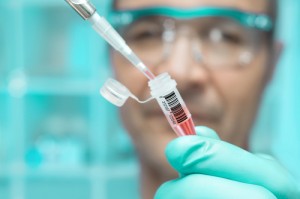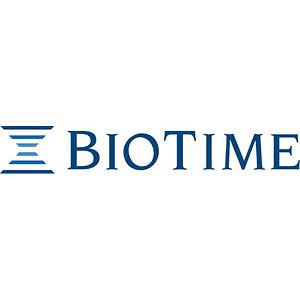 The importance of detecting breast cancer very early on cannot be emphasized enough. Thousands of lives have been saved thanks to early screening tests for this common yet highly fatal type of cancer, as catching any type of cancer before symptoms manifest increases the likelihood that the tumor is small and still confined to one part of the body.
The importance of detecting breast cancer very early on cannot be emphasized enough. Thousands of lives have been saved thanks to early screening tests for this common yet highly fatal type of cancer, as catching any type of cancer before symptoms manifest increases the likelihood that the tumor is small and still confined to one part of the body.
Today, the National Cancer Institute’s (NCI) recommendation is a mammogram every 1-2 years for women over 40 years old. This procedure is uncomfortable and involves radiation exposure. However, a promising new test may be a better option as it is non-invasive, requires only a blood sample, eliminates radiation exposure, and can be recommended to any patient.
BioTime, Inc.’s OncoCyte Corporation has partnered with Abcodia Ltd., a specialist in early screening tests, to develop a new non-invasive test for breast cancer that builds on OncoCyte’s proprietary PanC-Dx™. This line of serum-based cancer diagnostics makes use of markers drawn from the company’s thorough analysis of broad gene expression patterns found in several types of cancer. Today, OncoCyte is funding 4 clinical trials using PanC-Dx™ on cancers of the bladder, lungs, and breast.
UK-based Abcodia will be giving OncoCyte access to their vast collection of more than 5 million blood samples. These samples were obtained from the UK Collaborative Trial for Ovarian Cancer Screening, which started with 200,000 health donors. Of this number, 50,000 donated yearly samples across a span of 10 years. Since the start of sample collection, 3,700 regular donors have developed breast cancer. While this is unfortunate, it is through their collected blood samples that these two companies’ researchers can study alterations in certain biomarkers starting from when a donor was healthy until she was diagnosed with breast cancer. This pilot study will conclude at the end of the year.
[adrotate group=”3″]
If the pilot study’s results show promise, one of the main benefits OncoCyte’s PanC-Dx™ studies can reap from their partnership with Abcodia is a more convenient way to carry out more comprehensive studies, with a larger sample size. This can help hasten the new test’s commercial approval.
There is another approach to early breast cancer detection in the works. It involves “electronic skin” that can feel and image small lumps that may not be detected through manual palpation of the breasts, offering more accuracy and sensitivity than the traditional MRI and mammogram.

